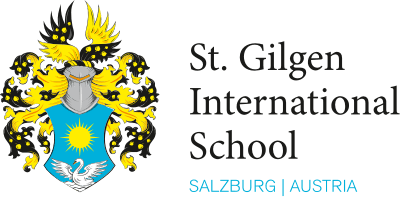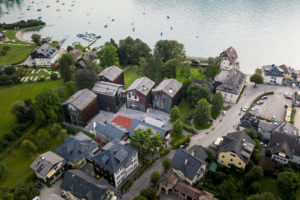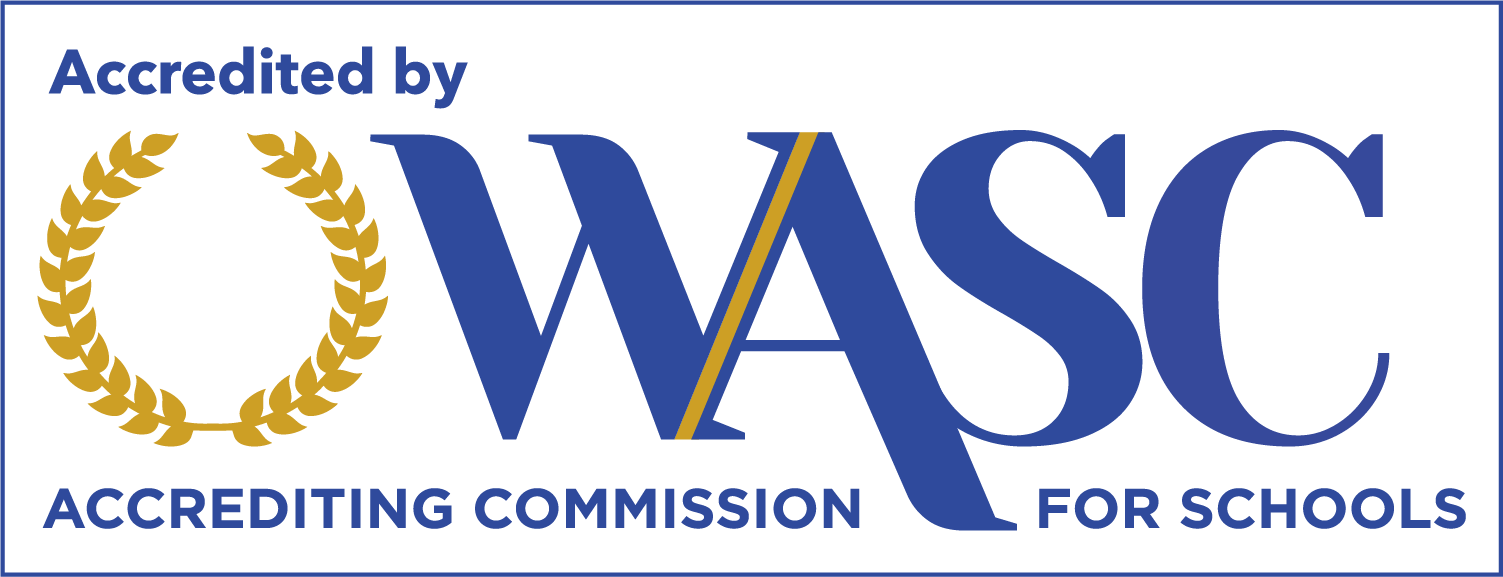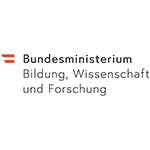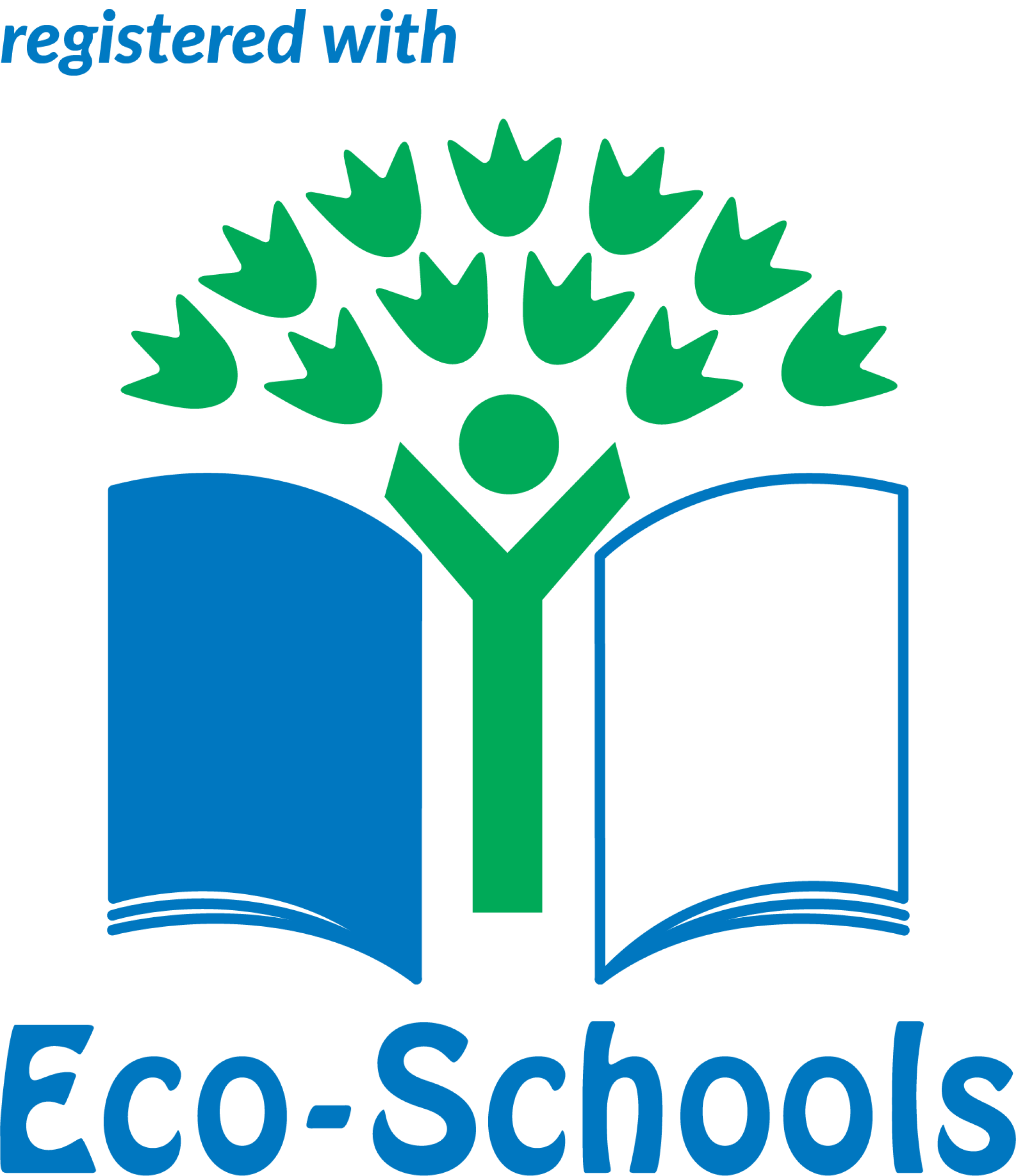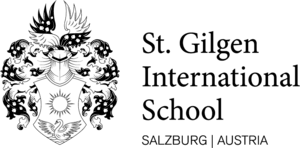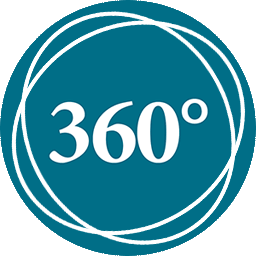Executive summary: St. Gilgen International School (StGIS) in Austria is one of the world’s most exclusive educational institutions. 14 years after its foundation and interested in its further development, the school wants to find out what makes it valuable to its surroundings. To that end, this thesis is the first to scientifically determine the public value of a private school as well as an Austrian organization. The results of the study show that StGIS is valuable for the region because it creates opportunities for all its stakeholders. Moreover, recommendations for the school’s management are provided to foster the societal contributions of StGIS in the future, the pub-lic value discussion in Austria, and a holistic management approach in general.

The education sector has a key role to play in addressing societal challenges such as digitalization or climate change. But it, too, is changing, especially due to ongoing privatization. Since the income and academic background of parents determine whether a child can attend a private school or not, there has long been intense debate about whether the privatization of education endangers equal opportunities in society. At the same time, private schools must earn their license to operate by proving that they contribute to societal needs. With this study, StGIS has taken up the challenge. Consequently, the research question is as follows: What makes StGIS valuable for the region?
In order to answer this question, the paper at hand takes up the public value approach of Prof. Dr. Timo Meynhardt. Public value is commonly defined as the contribution of an organization to the common good, whereby Meynhardt developed a methodology to systematically measure those contributions along four dimensions, namely moral-ethical, political-social, utilitarian-instrumental, and hedonistic-aesthetical values. By applying this method to an organization, the thesis follows in the tradition of many so-called public value studies, for example those on the football clubs of FC Bayern Munich and RB Leipzig or the Ham-burg Chamber of Commerce. At the same time, it is the first of its kind to examine the public value of an Austrian organization and a private educational institution.
The scientific methodology is based on the idea of capturing the perception of society regarding an organization like StGIS. To do so, 30 experts from the six stakeholder groups of the school (neighbours & clubs, the media, politics, other local schools, internal stakeholders, and regional businesses) were interviewed. The survey is based on the scientific methods of the WertwissensGuide©, the Public Value Scorecard, and the GemeinwohlAtlas that are meant to verbalize, visualize, quantify, and compare organizational public values.
The results of this study show that StGIS is judged by the people in the region around Lake Wolfgang not only by its educational offerings but rather by five roles. It must be a good citizen, a good collaborator, a good ambassador, a good teacher, and a good entrepreneur. The extent to which the school fulfills the expectations associated with the roles decisively influences its social perception. Since the school provides benefits in all of the dimensions surveyed, it is valuable to the region as it creates opportunities for all its stakeholder groups. With this social function, it contributes significantly to the common good and can legitimize itself socially.
Its societal contributions are strong in the roles of the collaborator and the good ambassador because it enlivens and represents the region sustainably. The school has development potential in its role as a citizen, in which it has not yet “grown up” symbolically. This is primarily due to an existing language barrier between the village and the school community, the school’s lack of integration into social life, and the partial disregard for regional manners such as greetings.
Since the need for action and the risks for the school were identified primarily for the role of the citizen and the contribution to regional cohesion, four recommendations for the school’s management team and the entire school community have been derived.
First, the school is advised to integrate itself more strongly into the social life of the region. It should be more present at events, make its own offerings accessible to the population, and participate more frequently in local club life. Furthermore, it should communicate with the population in German. Information on everyday school life and current school topics in the national language would meet the needs of many people for greater transparency of StGIS. Additionally, the school should create a meeting space in the region to promote exchange with the population. Specifically, it is suggested that an openly accessible space be established in the center of the village of St. Gilgen where community events can be held, and personal relationships can be established between the village and school members. Finally, StGIS should become an institution for the common good in the region. The findings of the study should not only be used for more community-oriented school development but also to encourage other organizations in the region to deal with the topic and question their societal contributions.
These expectations go beyond the core business of StGIS. However, as a school, it must be a place of social exchange, provide orientation, and contribute to solving collective challenges by teaching appropriate skills. Also, with regard to its exclusivity and its own ambition, the four recommendations are legitimate.
It is now up to the school’s leadership team to implement the recommendations and further develop the school’s public value. They can consider this study as scientific proof that their efforts and values are appreciated by the people in the region but should also be constantly developed further. A successful development of the school for the benefit of the region can succeed above all through stronger cooperation with local businesses, schools and associations as well as the community of St. Gilgen. Such cooperation is desirable for everyone involved, as the school can enable a variety of opportunities in accordance with its public value.
In this way, the study aims to contribute to common good-oriented school development and to strengthen the discussion on the common good and public value in Austria.
About the authors
Prof. Dr. Timo Meynhardt is Chairholder of the Dr. Arend Oetker Chair of Business Psychology and Leadership at HHL Leipzig Graduate School of Management (HHL) and head of the of the Center for Leadership and Values in Society at the University of St. Gallen. His research interests include public value, leadership for the common good and competence management. Meynhardt is editor of the GemeinwohlAtlas in Germany and Switzerland, part of the development team of the Leipzig Leadership Model and initiated the Public Value Award for Start-ups.
Tino Jung studies Management (M.Sc.) at HHL, where he will graduate in fall 2022. Prior to his master’s degree, he completed a dual bachelor’s degree at a leading global chemical company. He has already gained work and study experience in Austria, Costa Rica, France, Germany, and Spain. He conducted this study about the St. Gilgen International School between January and September 2022.
